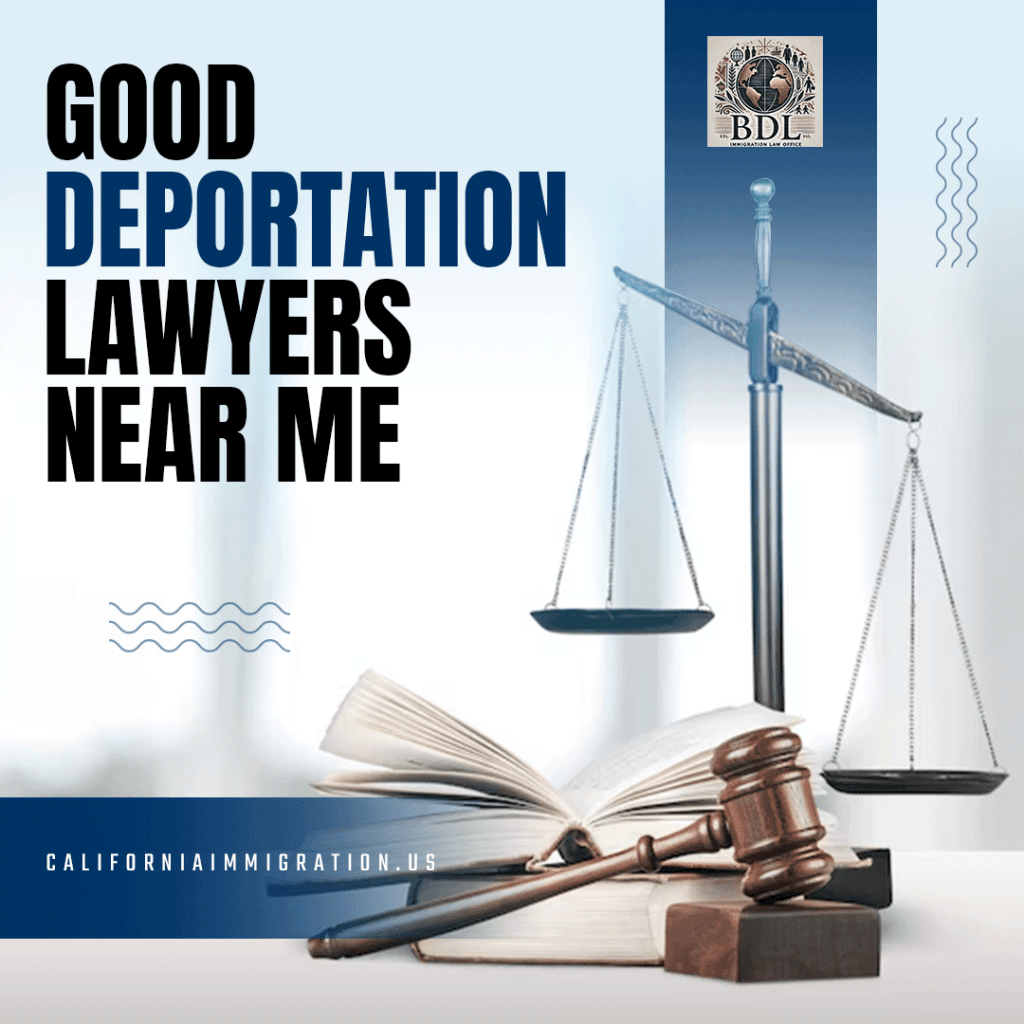
Seventh Circuit Analyzes Exceptional Hardship Criteria in Immigration Cases
The Sixth Circuit, not the Seventh, made a key determination in the case
Moctezuma-Reyes v. Garland. The court found that the agency’s definition of “exceptional and extremely unusual hardship” is not binding. The statute doesn’t explicitly grant the Attorney General or the agency the discretion to define the term, unlike a previous version of the law.
The Court’s Reasoning on Deference
The court held that a statute must expressly give an agency discretion for its interpretations to be granted deference. The court noted that a prior version of the law had language such as “in the opinion of the Attorney General,” which clearly delegated such discretion. However, the current statute on cancellation of removal lacks this language. It simply requires a showing of “exceptional and extremely unusual hardship” to a qualifying relative. The court concluded that Congress did not give the agency the authority to define the term, so its definition isn’t entitled to deference.
The Court’s Construction of the Term
The Sixth Circuit now interprets “exceptional and extremely unusual hardship” as hardship that is “significantly different from or greater than the hardship that a deported alien’s family normally experiences”. This standard applies to hardship for a qualifying relative, like a U.S. citizen spouse, parent, or child. This decision creates a clear legal standard against which the agency’s hardship determinations can be reviewed by a court.
Case Background
The case involved Pedro Moctezuma-Reyes, a Mexican citizen who lived in the U.S. since 1993. He had four U.S. citizen children. He applied for cancellation of removal, arguing that his deportation would cause exceptional hardship to his children, particularly due to one son’s mental health issues and another’s speech impediment. The BIA denied his application, saying the hardship did not meet the “exceptional and extremely unusual” level. The court’s decision vacates and remands the BIA’s ruling. It directs the agency to re-evaluate the claim under this new legal standard.

